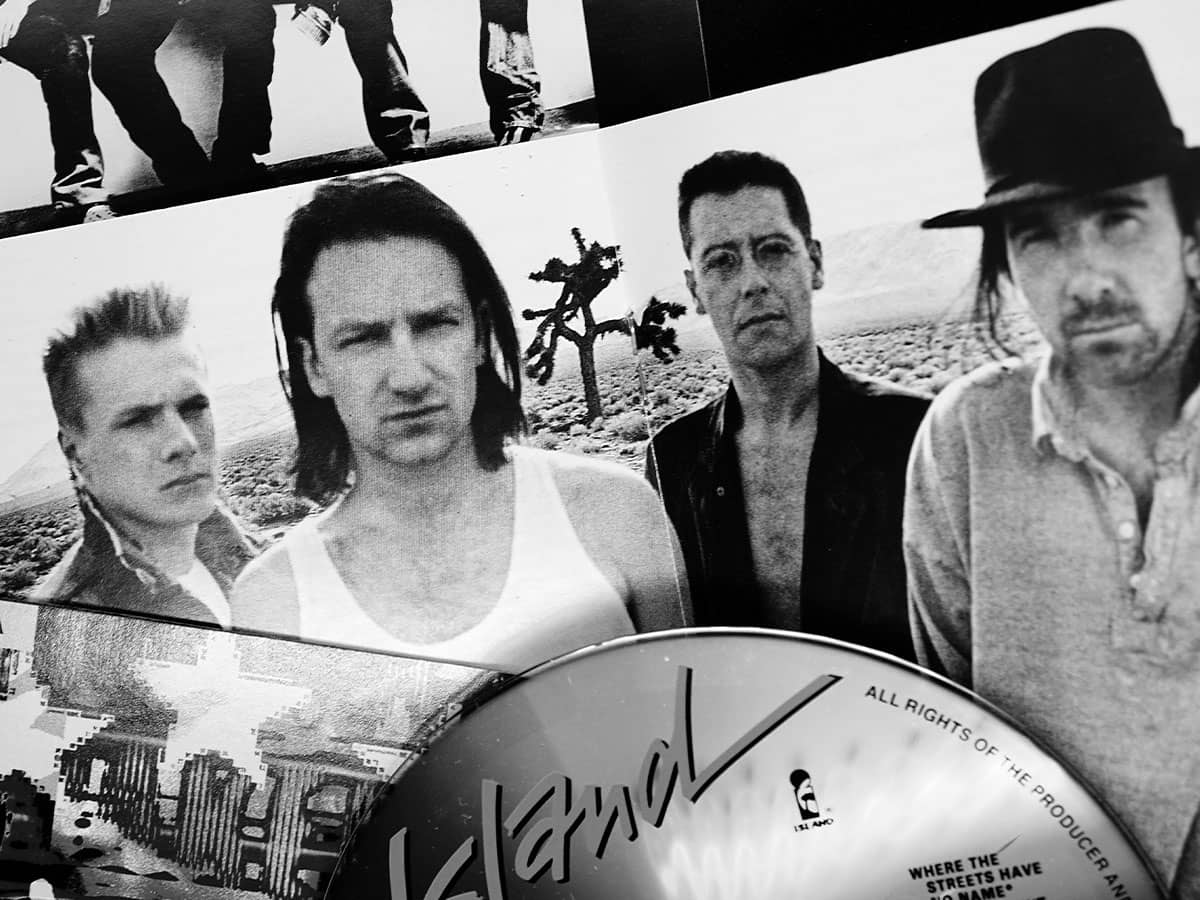How did you and Phillip Glass decide who should be invited to the World Festival of Sacred Music?
Phillip and I wanted to represent New York, but we also wanted authentic religious performances and not New Age spiritual dabbling. The festival has a New York accent, in that, many of the artists performing have, through a variety of means, immigrated to New York, but they are authentic practitioners of these religions and serve communities living here.
 |
 |
 |
 |
|

These artists are living examples of the old cliché that New York is the melting pot of the world. The pot is still bubbling here. Emilio Barreto and the Ensemble for Santeria all live here, keeping the Afro-Cuban tradition alive. Karim Alaoui and Sout al Ghorba, who play the Sufi trance music of the Gnawa of Morocco, are from one of the most famous music families in Morocco. They recently arrived from Morocco and have a tailor shop in the Lower East Side of Manhattan. In the mid 1980s, Nikolai Kachanov, who leads the Russian Chamber Choir, came to New York after being forbidden to sing Russian Orthodox music in the Soviet Union.
Not all the artists come from New York. We brought Tibetan Buddhist monks in exile up from Atlanta, where they live and practice at the Drepung Loseling Monastery.
Are these the same artists that will be in Stuttgart and Hiroshima festivals later this year?
No, each festival is locally curated, so each location picks the artists they wish to have perform. There's no repetition.
What effect do you think this kind of music has on global consciousness?
If you listen to the music of these various traditions back to back, you hear obvious differences between them. But then you begin to hear something else, something more fundamental that exists within all the music you have heard.
Where do you see the World Festival of Sacred Music going in the future?
The World Festival of Sacred Music began as one of many millennium programs. Yet, a year and a half later, it's still going, picking up steam and expanding well beyond what the Dalai Lama and the Tibet House had anticipated. This speaks to the power of the concept. The widespread acceptance of the ideas of the World Festival of Sacred Music bodes well for all of us in the long term.

